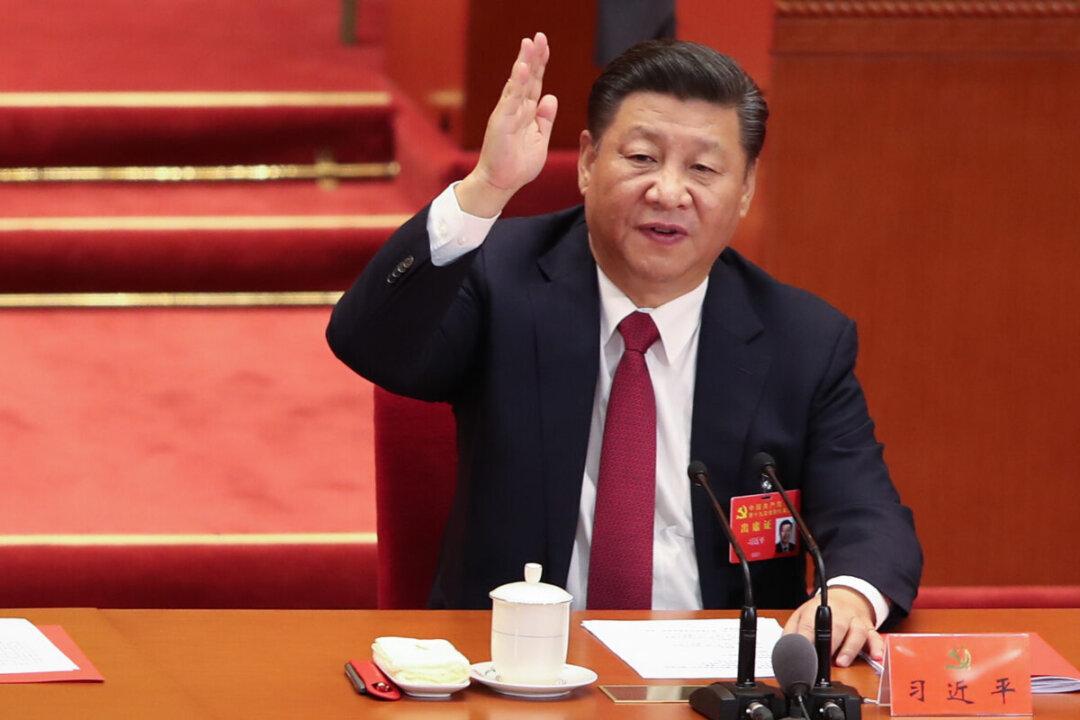News Analysis
The Chinese Communist Party’s (CCP) State Council is reportedly carrying on large-scale personnel alternatives, with almost all the current leaderships expected to be shunned. Experts believe that the move partly suggests a deep grudge between the CCP head Xi Jinping and premier Li Keqiang.





